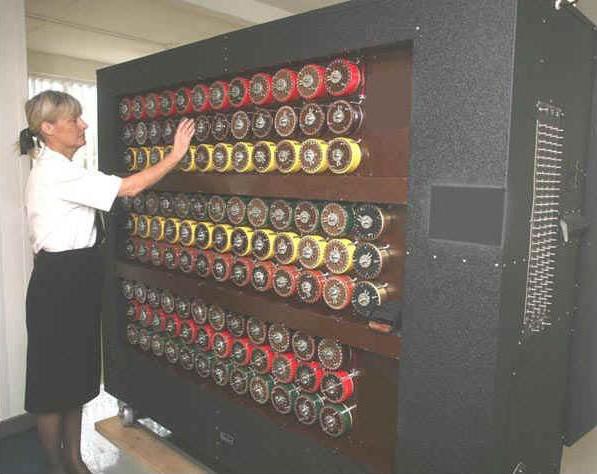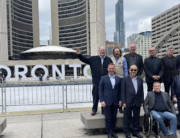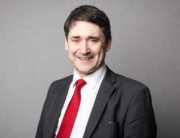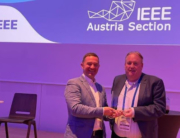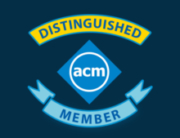The year and location of the next IFIP World Computer Congress (http://wcc2018.org) are an opportunity to consider the history of computing in its international context. Working Group 9.7 will take advantage of this with a workshop that reflects on how computing and informatics rely on the international community for innovation.
The 24th congress will be held on the 50th anniversary of the so-called Garmisch conference where the phrase “software engineering” was coined. It would have been difficult to imagine the IFIP conference in Poland due to the Cold War 50 years earlier. Poland is also home to one of the most consequential international collaborations in informatics: the research that led the way to cracking the Enigma code in World War II.
A highlight of the Working Group 9.7 workshop will be a remote demonstration of the Bombe created by Alan Turing that is demonstrated to visitors at Bletchley Park in the United Kingdom. The Bombe was used to find the initial settings for the Enigma machines each day.
To celebrate the work of the three distinguished Polish cryptographers – Marian Rejewski, Jerzy Różycki and Henryk Zygalski – and the major contribution they made to reading the Enigma messages throughout the Second World War, a message enciphered using Enigma coding will be transmitted from Poznań to Bletchley Park and be decoded using the replica Turing Bombe, after which a reply will be sent back.
The Working Group will also solicit papers that reflect on other histories relevant to computing in Eastern Europe. It hopes that historians as well as technical colleagues from other working groups will contribute historical papers that highlight developments the NATO Software Engineering Conference in Garmisch, Germany made toward the start of a transformative decade for computing. The participants established a great deal of engineering there that undergirds modern practice and influenced its societal impact. The development can be said to have started a year or two before Garmisch, with ACM algorithms and the NBS FIPS standards, ending about a decade later with the Intel instruction set, the IEEE 730 software quality standard, the beginning drafts of the IEEE 754 floating point standard, and the start of standardization of Ethernet that would lead to IEEE 802. In defining the basis of software engineering as a profession, it gave an answer to the pressing needs of a perceived software crisis in their national economies. Even across the iron curtain, the USSR and East German computer scientists were adopting Western standards in order to be able to use Western software.
Of course, Garmisch was not the only way in which cooperation between nations provided a framework for innovation. Given WCC 2018’s location, the Working Group is particularly interested in histories that reflect computing and informatics in eastern Europe. Any paper along these lines will be considered.
Members of IFIP’s technical or cultural working groups, academic historians and lovers of history, computing and informatics professionals, archivists, museum curators, and others are welcome to submit papers for this workshop, which will coincide with WCC 2018 from 19-21 September next year. As has been its past practice, the Working Group will request submission of draft papers for consideration. Accepted papers will be revised based on comments from reviewers and be distributed to participants before the workshop to ensure a lively conversation. After the workshop, authors will have the chance to incorporate feedback from the audience before submitting their final papers for consideration of the edited volume of selected papers for the proceedings.
In order to participate, please visit the Working Group website (http://ifipwg97.org), where details about submitting papers will be made available in due course. Enquires in advance of your submission may be made to the chair of the working group, Chris Leslie (chrisleslienyc@hotmail.com). The Working Group will begin to review submissions on 1 February 2018 and will continue accepting draft papers until 1 May 2018.
Please note that Working Group 9.7 is also sponsoring a theme in the Human Choice and Computers conference HCC13, “This Changes Everything,” organized by Technical Committee 9, which will also be held at WCC 2018. The Working Group welcomes papers not directly relevant to computing in eastern Europe for that program instead. See the HCC 13 website (http://hcc13.net) for more detail. The deadline for HCC13 is 15 January 2018.
Image of The Turing Bombe

